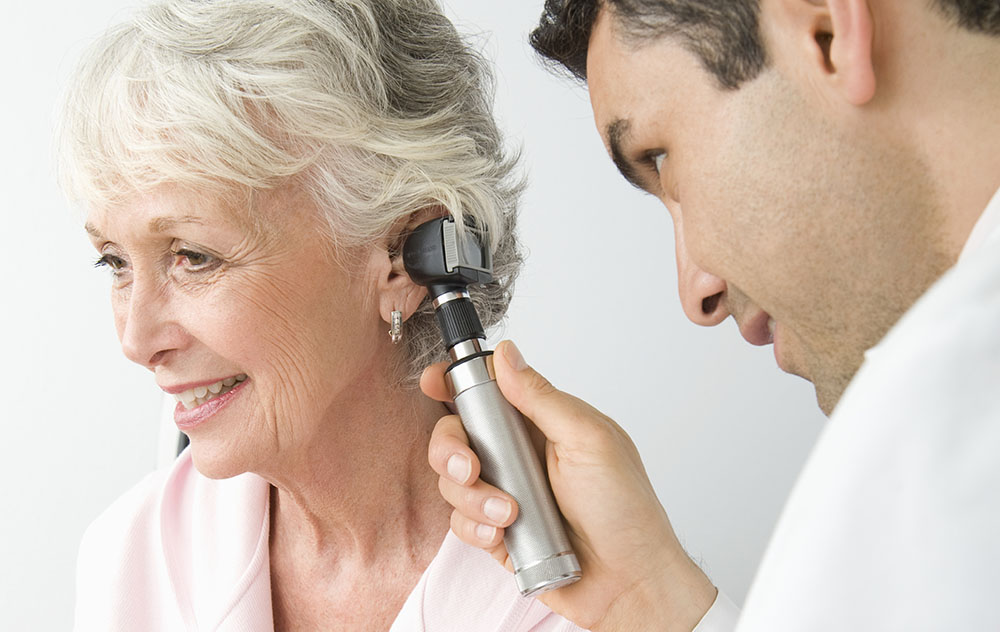Video: Hearing Loss & Cognitive Well-Being
Hearing loss is the third most prevalent health issue among older adults.


Hearing loss is the third most prevalent health issue among older adults.

Wearable technology is more than a trendy phrase; it’s becoming a

Keeping your hearing healthy is as important as regular dental and eye